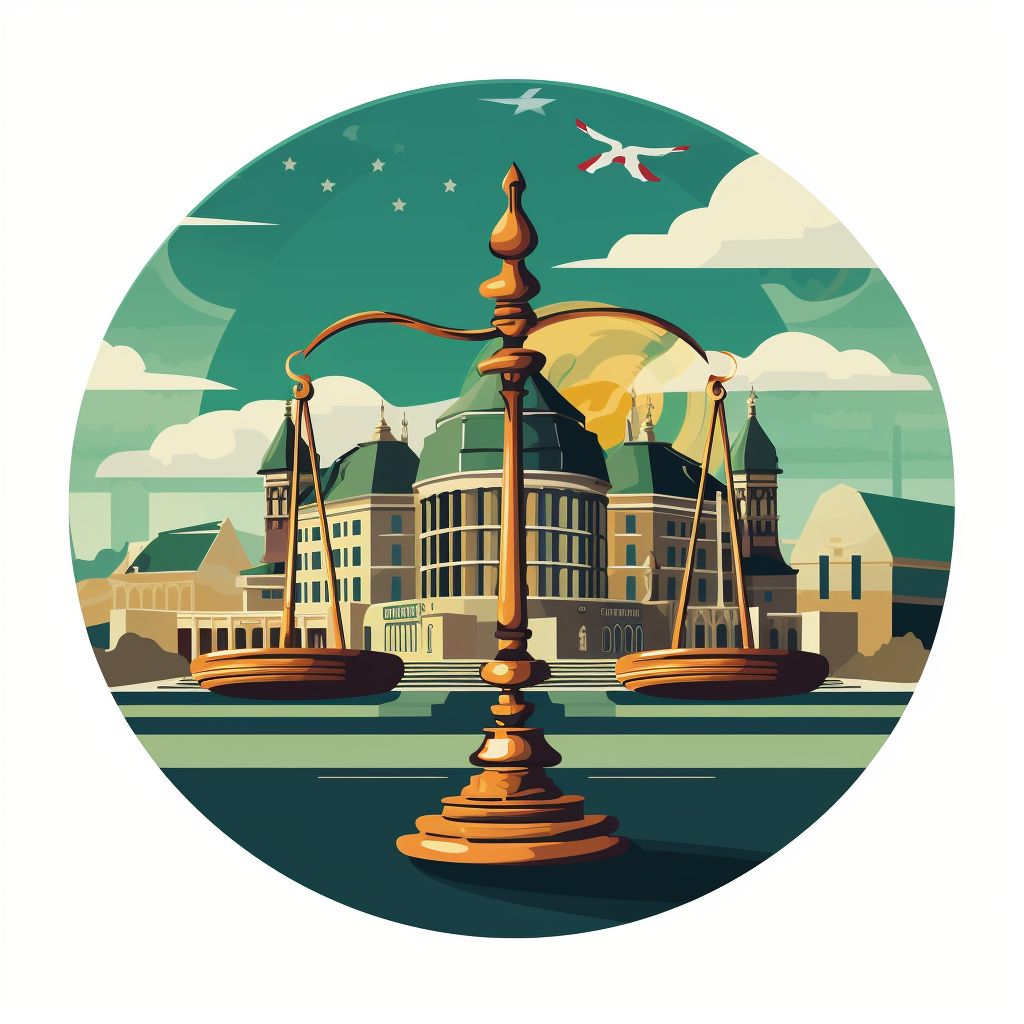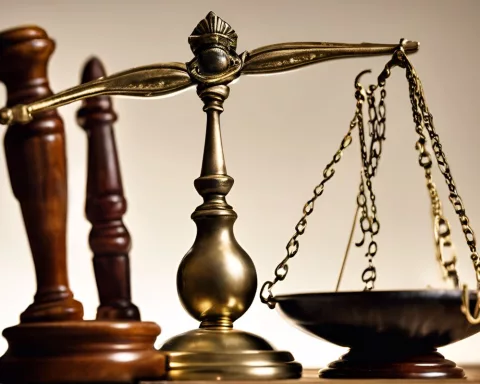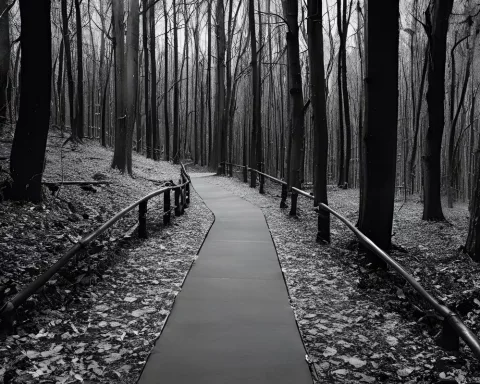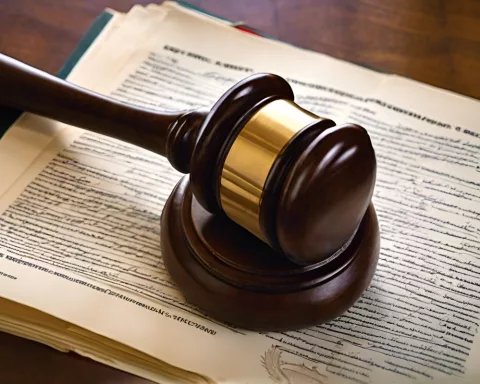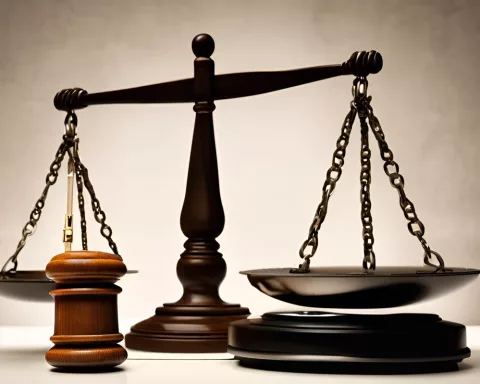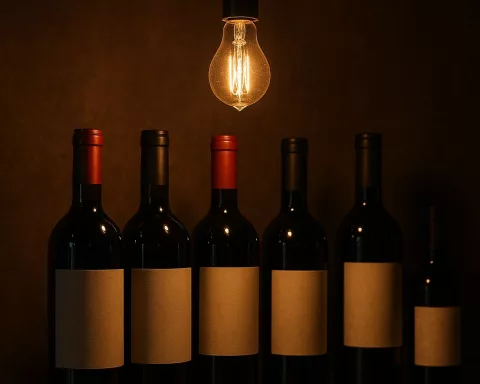In a significant ruling, South Africa’s Constitutional Court has rejected an attempt to overturn the Supreme Court of Appeal’s decision that former President Jacob Zuma must return to prison. This decision has sparked speculation on whether Zuma will find himself behind bars again.
Constitutional Court’s Ruling
The Constitutional Court handed down the ruling on Thursday, dismissing the department’s appeal with costs. Zuma had applied for leave to intervene after missing the appeal deadline, but the apex court also dismissed his application with costs, indicating there would be no appeal.
Zuma’s Legal Troubles
Zuma’s legal troubles began in July 2021 when he was incarcerated for failing to comply with the court’s order to testify before the Zondo Commission. His arrest led to widespread protests, resulting in the death of at least 337 people.
Department of Correctional Services’ Response
The Department of Correctional Services is studying the Constitutional Court’s decision on Zuma’s medical parole placement review application and has promised to comment further in due course.
Jacob Zuma Foundation’s Reaction
The Jacob Zuma Foundation has denounced reports claiming that the Constitutional Court ordered Zuma to return to jail, calling them “malicious, misleading, and hateful.”
Democratic Alliance’s Support
The Democratic Alliance has publicly supported the Constitutional Court’s decision, and its leader, John Steenhuisen, has urged Zuma to surrender for arrest voluntarily within a reasonable timeframe. Zuma still faces nearly 800 charges of fraud, corruption, and racketeering.
The Broader Context
The case against Zuma is part of South Africa’s ongoing fight against corruption and efforts to strengthen the rule of law. The Constitutional Court’s decision to uphold the SCA’s ruling reinforces the message that no one is above the law, even a former president.
Upholding Democratic Values
The ruling underscores the significance of an independent and impartial judiciary in preserving democratic values and principles. The courts’ role in safeguarding the rule of law remains a crucial component of South Africa’s progress towards a more equitable future.

